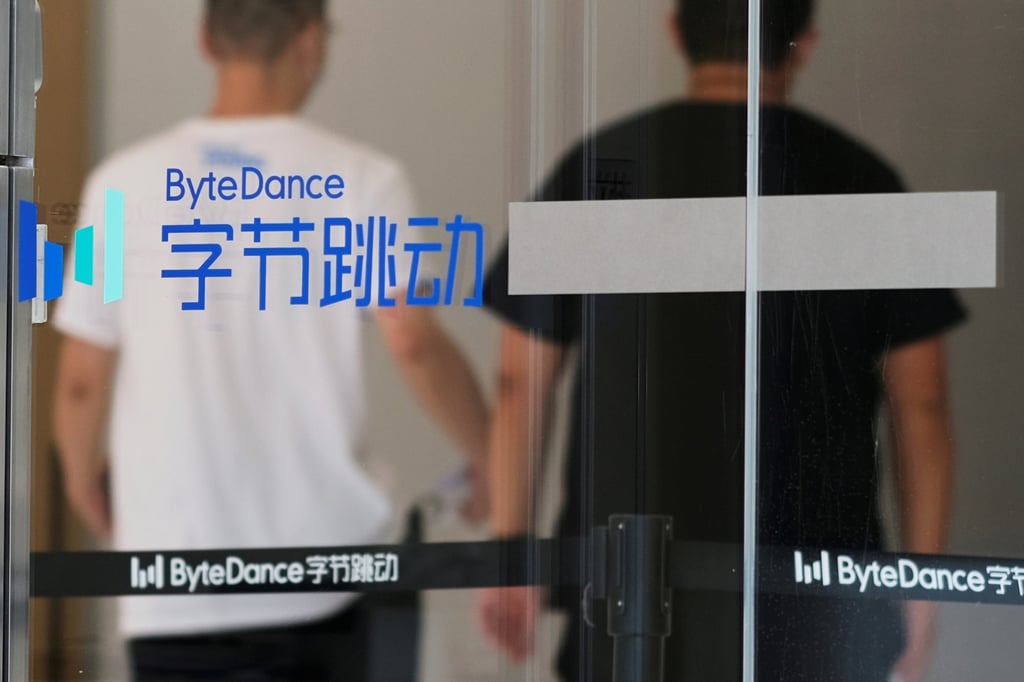TikTok owner ByteDance ramps up local services expansion, squaring off against industry leader Meituan
- Douyin, the Chinese version of TikTok, started its foray in the country’s local services market in 2018
- The ByteDance-owned platform now promotes a service covering ‘local eateries, drinking, fun and entertainment’ to its 600 million daily active users

Douyin, which started its local services foray in 2018, is now providing a service covering “local eateries, drinking, fun and entertainment” to its 600 million daily active users (DAUs), showing popular destinations in a city in the form of video clips and offering discounted prices under its “group chasing” strategy.
The service has a dedicated channel for many Chinese cities on the platform, offering users with coupons and admission tickets to restaurants and hotels. Douyin encourages users to upload videos that endorse places they like, which its algorithm promotes to their target audience. It has also tested a new mapping feature for users to locate various dining and entertainment establishments, according to local media 36Kr.

The Beijing-based company’s local services drive means it must go after offline merchants to join its platform.